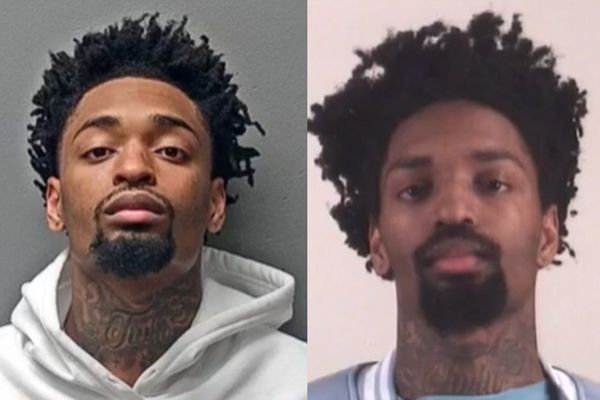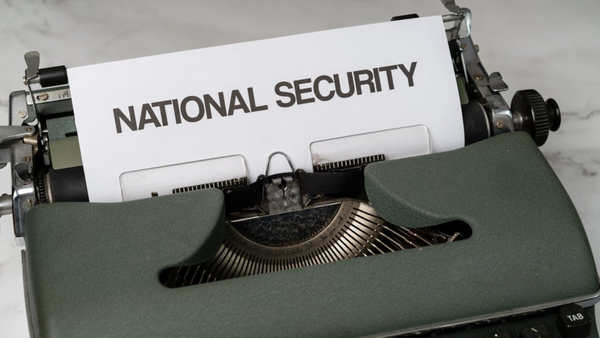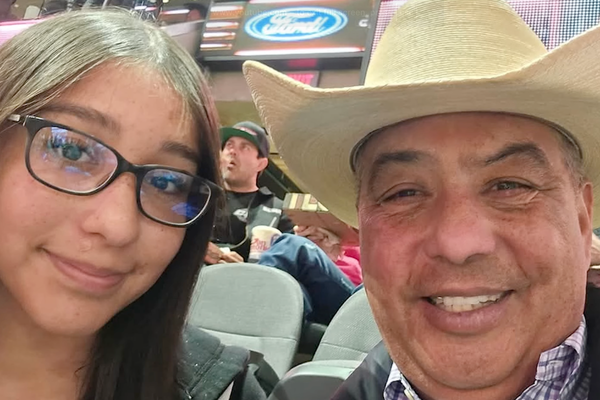
Europe is drawing up “pretty precise plans” for a multinational troop deployment to Ukraine as part of post-conflict security guarantees that will have the backing of US capabilities, European Commission President Ursula von der Leyen told the Financial Times in an interview published on Sunday. “President Trump reassured us that there will be [an] American presence as part of the backstop,” von der Leyen told the FT, adding that “That was very clear and repeatedly affirmed.” The deployment is set to include potentially tens of thousands of European-led troops, backed by assistance from the US, including control and command systems and intelligence and surveillance assets, the report said, adding that this arrangement was agreed at a meeting between US President Donald Trump, Ukrainian President Volodymyr Zelenskyy and senior European leaders last month.
Russian President Vladimir Putin met his Chinese counterpart Xi Jinping on the sidelines of a showpiece summit in China on Sunday and is expected to stay on for a military parade in Beijing on Wednesday to mark the 80th anniversary of the end of the second world war. Russian analysts have said the Ukraine war is now a main pillar of the bilateral relationship and that Moscow would want know how Beijing would respond if the US were to ask it to put pressure on Russia to end the fighting. “The longer the war [on Ukraine] drags on, the more Russia will need China’s assistance, whether economically or other forms,” Lim said. “China also recognises that it is unlikely for Sino-US relations to return to their pre-2018 state and thus has no choice but to accept a close alignment with Russia.”
Russian drone attacks on power facilities in northern and southern Ukraine overnight left nearly 60,000 customers without electricity. Ukraine’s largest private energy company, DTEK, said Russian drones had attacked four energy facilities in the Odesa region during the night, and local authorities reported that 29,000 people were left without electricity early on Sunday. Hardest hit was the port city of Chornomorsk, just outside Odesa, where homes and administrative buildings were also damaged, said Oleh Kiper, the governor of the wider Odesa region. Russian drones also targeted Ukraine’s northern Chernihiv region early on Sunday, damaging energy infrastructure and leaving 30,000 households without electricity, including part of the city of Nizhyn, said local governor Viacheslav Chaus.
President Volodymyr Zelenskyy vowed to retaliate by ordering more strikes deep inside Russia. “We will continue our active operations in exactly the way needed for Ukraine’s defence. The forces and resources are prepared. New deep strikes have also been planned,” Zelenskyy said on X after meeting Ukraine’s top general, Oleksandr Syrsky, without giving further details of the plans.
German Chancellor Friedrich Merz said on Sunday that the war in Ukraine could still last for a long time and ending it quickly at the country’s expense was not an option. In an interview with German public broadcaster ZDF, Merz, when asked whether a ceasefire might be possible this year, said he hasn’t lost hope but “harbours no illusions,” and emphasised that supporting the country to defend itself against Russia was an “absolute priority.” “We are trying to end it as quickly as possible. But certainly not at the price of Ukraine’s capitulation. You could end the war tomorrow if Ukraine surrendered and lost its independence,” Merz said.
A suspect has been arrested over the murder of the former Ukrainian parliamentary speaker Andriy Parubiy, Volodymyr Zelenskyy has said. “The suspect has given an initial testimony,” Zelenskyy, Ukraine’s president, said on the Telegram messaging app. “Urgent investigative actions are currently under way to establish all the circumstances of this murder.” Parubiy, 54, was shot dead in the western city of Lviv on Saturday in what Zelenskyy called “a horrific murder” and a “matter of security in a country at war”. He had been parliamentary speaker from April 2016 to August 2019, and was one of the leaders of protests in 2013-14 calling for closer ties with the European Union.
The Kremlin claimed that European powers were hindering US President Donald Trump’s efforts to achieve peace in Ukraine and that Russia would continue its operation in Ukraine until Moscow saw real signs that Kyiv was ready for peace. Kremlin spokesperson Dmitry Peskov told Russian state media reporters that the “European party of war” was continuing to hinder US and Russian efforts on Ukraine. “We are ready to resolve the problem by political and diplomatic means,” Peskov said. “But so far we do not see reciprocity from Kyiv in this. So we shall continue the special military operation.“







